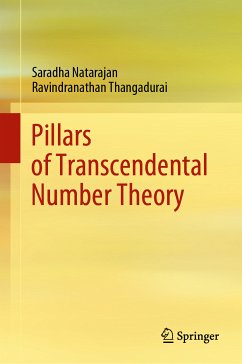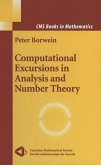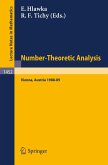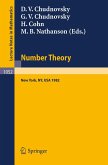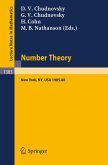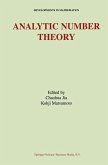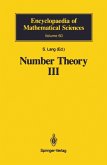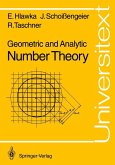Given the constantly growing number of applications of linear forms in logarithms, it is becoming increasingly important for any student wanting to work in this area to know the proofs of Baker's original results. This book presents Baker's original results in a format suitable for graduate students, with a focus on presenting the content in an accessible and simple manner. Each student-friendly chapter concludes with selected problems in the form of "Exercises" and interesting information presented as "Notes," intended to spark readers' curiosity.
Dieser Download kann aus rechtlichen Gründen nur mit Rechnungsadresse in A, B, BG, CY, CZ, D, DK, EW, E, FIN, F, GR, HR, H, IRL, I, LT, L, LR, M, NL, PL, P, R, S, SLO, SK ausgeliefert werden.
theorems from transcendental number theory mostly through the lens of Diophantine analysis. Written for the advanced reader ... . The book concludes with the seminal results of Baker's linear forms in logarithms and Schmidt's Subspace Theorem." (Edward B. Burger, Mathematical Reviews, April, 2022)

